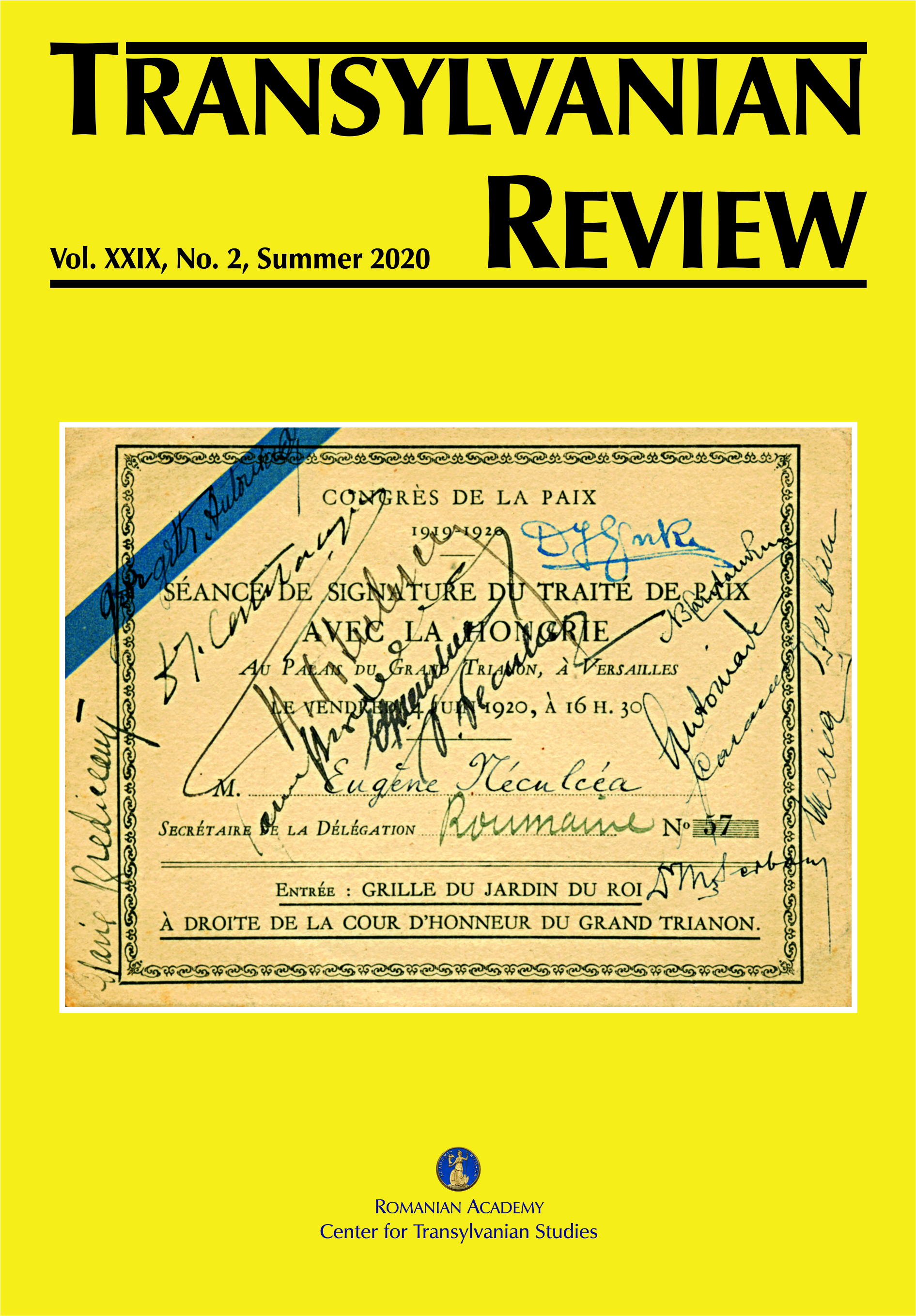Economic and Financial Implications
of the First World War: Domestic War Loans
Economic and Financial Implications
of the First World War: Domestic War Loans
Author(s): Marin Iosif Balog, Ioan Lumperdean Subject(s): History, Economic history, Recent History (1900 till today), Pre-WW I & WW I (1900 -1919), Interwar Period (1920 - 1939)
Published by: Academia Română – Centrul de Studii Transilvane
Keywords: World War I; economic implications; Austria-Hungary; Transylvania; war loans;
Summary/Abstract: This article aims to outline some aspects pertaining to the economic and financial implications of the First World War, the mechanisms and means by which this conflict was financially supported. We will first look at how the war loans contributed financially to supporting the needs of the front, how the population was called upon to support this effort, and of course, the propaganda of the authorities in this regard. Given the economic situation of the Austro-Hungarian Monarchy and in the context of international capital market, the only viable solution was to resort to domestic loans that became a tool used by the state to gather the financial resources needed to support the war effort from the population and the banks. Thus, following the example of Germany, Austria-Hungary launched a well-organized campaign to contract loans on the domestic market every six months. In total, eight loans were made. It was considered a patriotic duty of every citizen to support the cause of the war, all these efforts being considered part of a genuine “domestic front.”
Journal: Transylvanian Review
- Issue Year: XXIX/2020
- Issue No: 2
- Page Range: 3-23
- Page Count: 21
- Language: English

